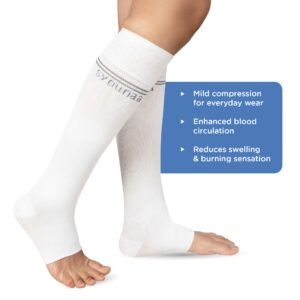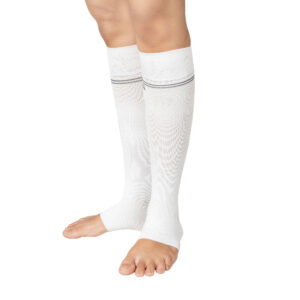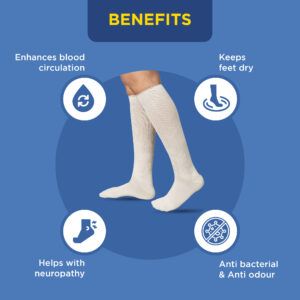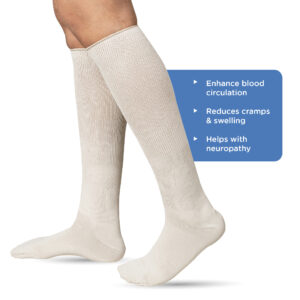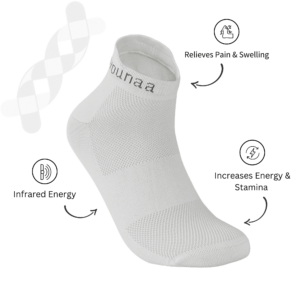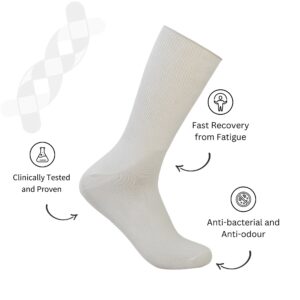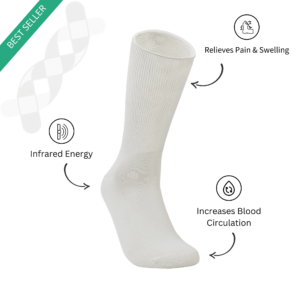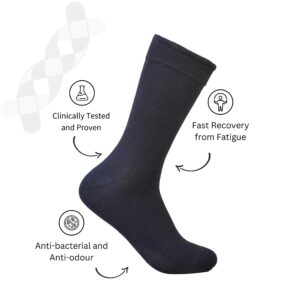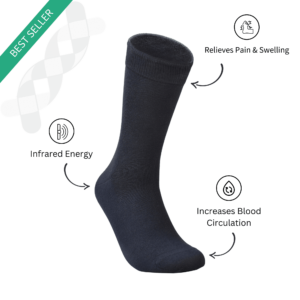A gym can do more than just make you robust. It can build your confidence and give you a good mood. Research shows that exercise can increase serotonin levels and set you off to a good day. But how much workout is too much workout? Just like how working out too less will bring little change to your system, too much workout can also have an adverse effect.
Everybody is different. We differ in terms of our fitness level, health condition, body type, age, gender and so much more. In fact, someone belonging to the same category with you (i.e. age, gender, physical capabilities etc) may differ in terms of the amount of exercise they need.
In some cases, over exertion can harm your body more than doing any good to it. So, in this article we will discuss how we can find out if we are over exerting our system.
Muscle Tenderness
Muscle tenderness is normal after a rigorous workout but if it persists for more than 72 hours or leads to muscle tenderness it is a good sign that you are over doing it. Stress fractures and muscle tendinitis are a result of over working. It happens because the body isn’t given enough time to heal naturally. Workouts should ideally be divided to heavy workout sessions and light ones. This is because heavy workouts strain our body quite a bit so, it needs rest so that it can repair muscle cells and become stronger. By repeatedly over working our muscles we make them weaker instead of stronger.
Too Much Fatigue
Many work-out early in the morning to feel fresh and alive right at the beginning of the day. But if your workout is doing the opposite, it is a good idea to slow down. Fitness trainers say that it is quite normal for first timers to come to the gym and over exert themselves. Within the first month, these over achievers drop out because of injuries or falling sick to often.
Fatigue may also creep in during your workout sessions. With time your workout should become easier. This is when you increase the difficulty level so that your body can improve. However, if you feel it is getting harder to finish the same session weeks after you begin it, you might be pushing yourself way too hard.
Weaker Immune System
This brings us to our next tell – tell sign. If you are getting the flu too often or sneezing for weeks this may be a sign of over exertion. A strained body struggles to have a strong immune system. It is because your body is too focused on repairing your muscles. It makes your immune system too vulnerable. So, if you feel you are getting sick too often it may be the time to let your body rest.
Sometimes new trainers have something called an exercise induced asthma where you will start wheezing and coughing during a workout. This may cause pain in the sternum or the breast bone and should never be ignored.
Of course, there is more to a weaker immune system than over exertion. You may have a weak immunity and a sudden change in your workout routine in the gym exposes you to more bacteria from sharing the same equipment and locker rooms. This may lead to a sudden drop in your immunity. Therefore, it is important to closely monitor yourself and investigate all your symptoms.
An Irregular Heartbeat
Your heartbeat should be around 60 – 100 beats per minute when your body is at rest. Some athletes have a heartbeat as low as 40 beats per minute when their body is at rest. It is fine if your heart beat is consistently at the lower range but if it fluctuates often it does become a reason for concern.
Check your heart beat through a heart beat monitor few times a day. If you don’t have a heart beat monitor, count your pulse a few times a day when your body is at rest. If you count 40 beats per minute once and 70 beats a minute another time you are having an irregular heartbeat. This means your muscles are too tired. Your heart is a muscle too and it is just not able to keep up with the increase in blood flow. An irregular heart beat is not safe and if the problem persists you must get a thorough ECG exam. However, if it is a sudden change, you must take it easy and your heartrate will go back to normal.
Other Warning Signs
Other warning signs from over exertion that you cannot overlook include:
- Chest pain
- Exercise induced asthma, which is characterised by excessive coughing and wheezing especially during a cardio workout
- Dizziness or nausea during or after workout
There is a fine line between exertion and over-exertion and while one can keep you active, the other can be detrimental to your health. The simplest way to find out if you are over exerting yourself is by tracking how you feel after your workout. The right kind of attire followed by a wholesome diet can protect you from sport injuries but you need to know when to call it a day.














